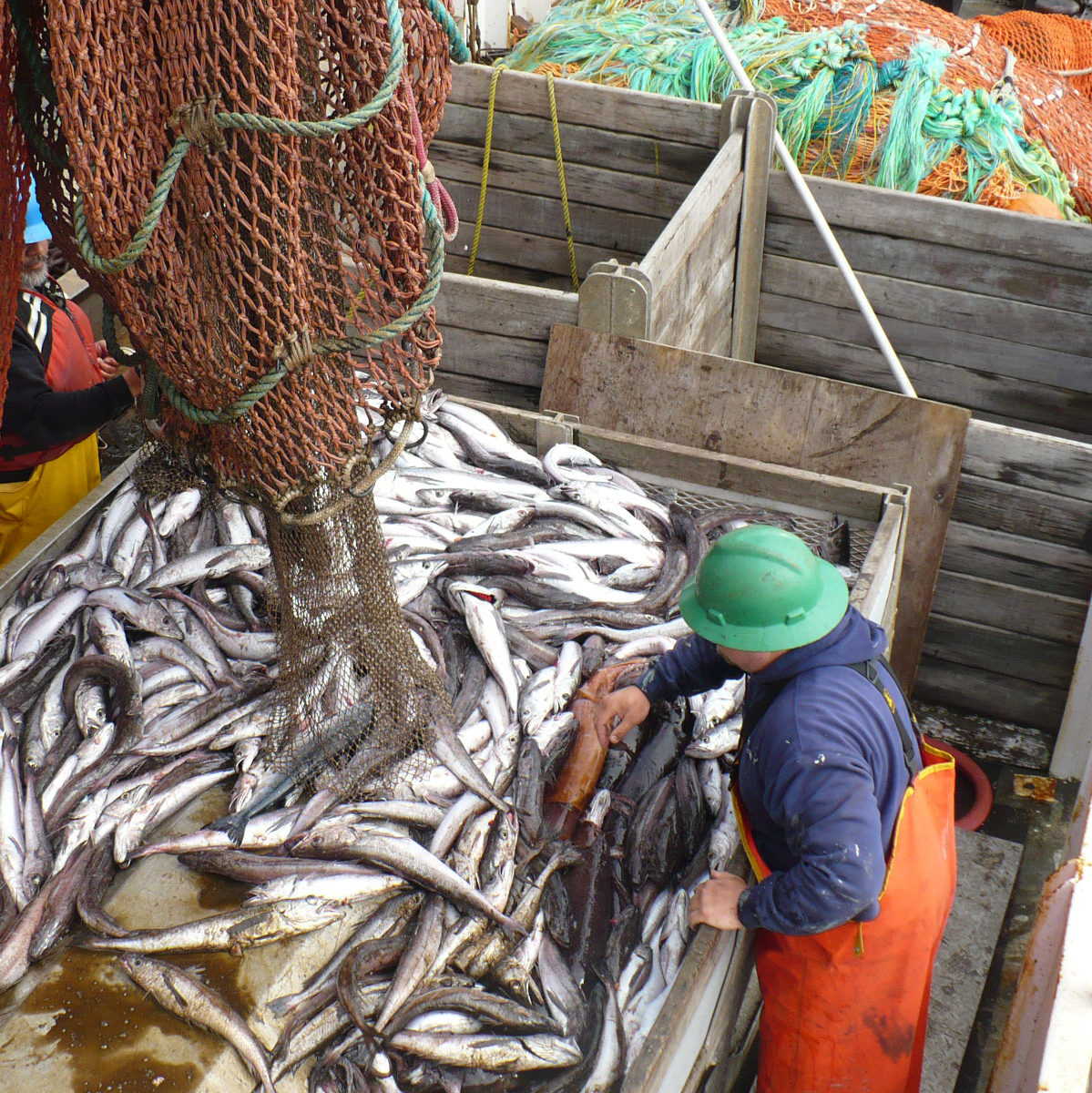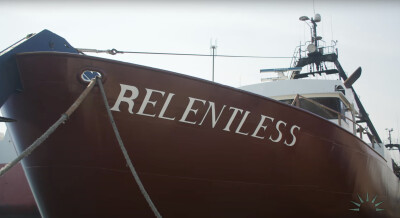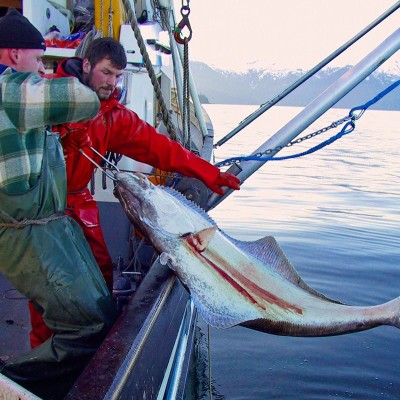“Well, we’ve had an interesting first part of the fishing year,” says Bert Jongerden, general manager of the Portland Fish Exchange on Maine’s waterfront. “Prices have been very weak — I’m surprised by how much the lack of restaurant markets is impacting the pricing of groundfish.”
Generally, Jongerden notes, “a groundfish trawler averages around $2 a pound. But, right now, trawlers are getting around $1.25 to 1.30 a pound. It’s about 65 percent off this year, compared to last year.” Amid the continuing covid-19 closures, supermarket retail has been steadier, but it hasn’t made up for restaurant demand.
As New York City markets are beginning to open back up, “pollock, haddock and hake are moving along pretty well, but at reduced prices while flatfish like dabs, grey sole and monk tails are weak,” says Jongerden.
It’s been challenging to find markets for flatfish, which are typically popular in restaurants as full-plate fish. Jongerden says challenges for flatfish markets are compounded by the fact that processors along the northeast coast are having difficulty getting flatfish cut and processed.
“Finding cutters was challenging before covid-19 hit, but the pandemic has exacerbated things,” he says. “Processors have to be careful now, using screens and adjusting so workers aren’t close to one another. It all has a trickle-down effect.”
The net impact is that prices are low, and volumes are quite depressed. At auction during the first week in July, average prices for mixed redfish were 55 cents per pound; cod $3.47 to $4.09; large haddock $2.56; large hake $2.10; and large pollock $2.89.
In the Gulf of Maine, things were strong for dayboat gillnetters, but starting around June 1, fleets were impacted by dogfish, which sells at the dock for just 28 cents per pound. According to Jongerden, dogfish have been showing up earlier and earlier in the Gulf of Maine the past few years. “We have a bit of a perfect storm going on between covid, the dogfish, and fish prices.”
In Massachusetts, big processors like Blue Harvest, a New Bedford company with a fleet of about nine groundfish boats, are hoping new government contracts will help. In early May, NOAA announced plans to distribute $300 million to fisheries, with Massachusetts receiving $28 million.
The U.S. Department of Agriculture is finalizing plans to purchase $20 million of pollock, redfish and Atlantic haddock in a program that supplies U.S. food banks. This system has potential to boost East Coast seafood producers hard hit by the pandemic.
“It’s limited to what are considered ‘underutilized’ species, so haddock, redfish and pollock,” says Gene Bergson of Blue Harvest. The fish is frozen and packaged into 2-pound retail bags.
Rick Speed, vice president of sales and marketing at Blue Harvest adds, “This is a real opportunity to resurrect the fishery. We worked closely with the USDA to develop this plan, and the USDA put a dollar value of $20 million for one year.”
Speed credits the USDA for pulling it together.
“There has been a quick turnaround, and a lot of stakeholders are involved. The best part is that it is a U.S. product — and U.S. owned. Everything we can do to capture more fish and get them out into the market is a productive exercise for all the stakeholders — for processors like us, for fisherman and the ancillary industries around fisheries.”
In the past, markets could only handle so much fish before the prices would collapse. “If we can make this program available to more regularly,” Speed adds, “we can stabilize markets.”
Early in the pandemic, retail groceries were not bringing in new products, but that is beginning to change, says Speed. “We’ve had conversations with larger groceries lately about offering new groundfish products. I see retail grocery as a primary area for immediate growth, but there is also opportunity as more restaurant services start to reopen.”







